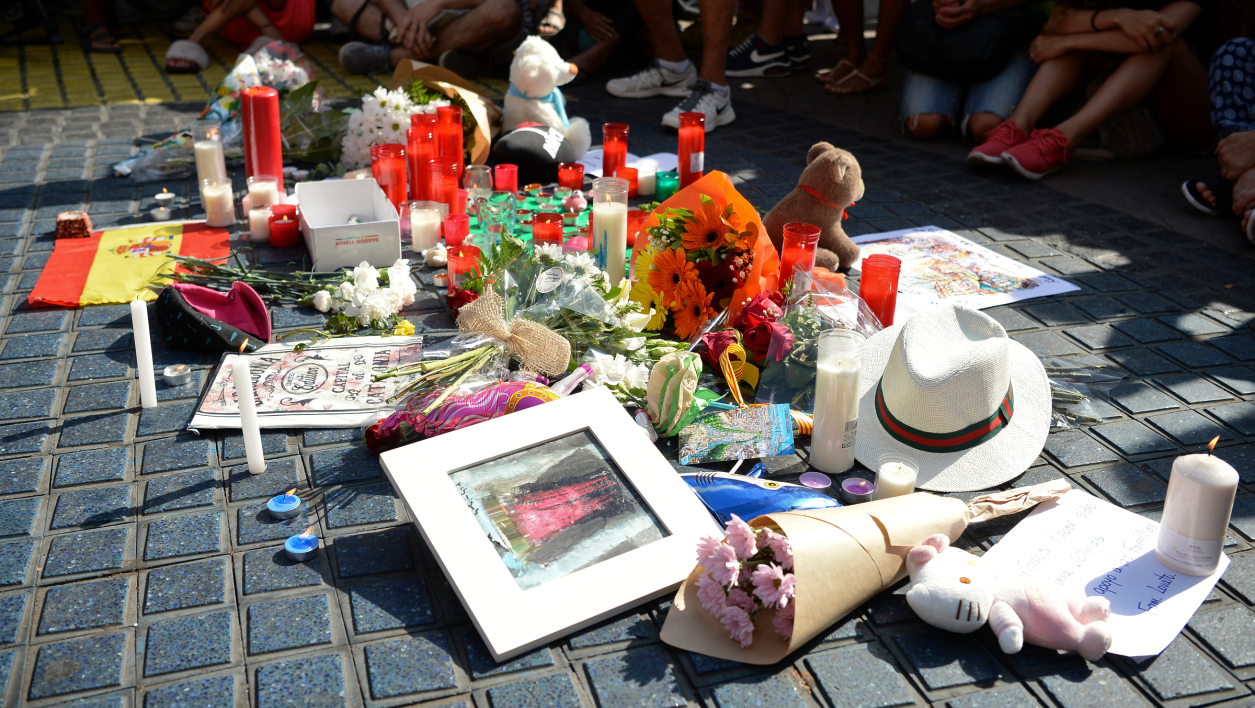Morocco and Terrorism, a rather simplistic and unjust interpretation!
Owing to the harrowing events of recent days including the terrorist attacks committed by ISIS accomplices, the international press has not refrained from pointing out at every opportunity the
